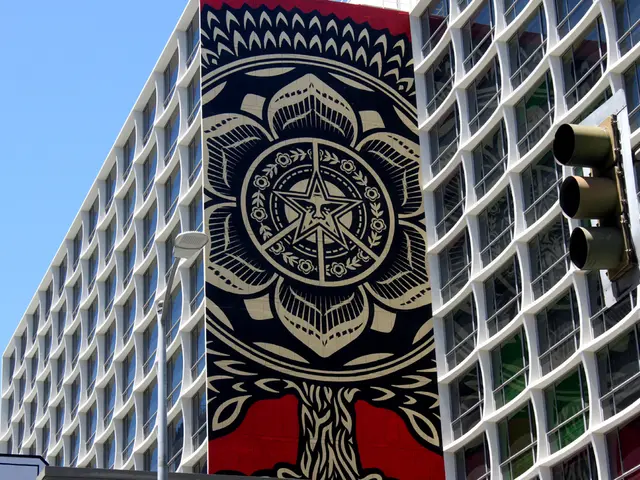U.S. Sanctions Against Russian-Serbian Oil Conglomerate NIS Come Into Force - US Sanctions on NIS Spark Concern in Serbia
US sanctions against the Russian-Serbian oil conglomerate NIS have taken effect, causing concern in Serbia. The sanctions target Gazprom Neft, which owns 45% of NIS, and aim to force Russia's complete withdrawal or nationalization of the company.
Serbia, maintaining good relations with Russia, has rejected sanctions despite European pressure. Gazprom Neft, the parent company of Gazprom, transferred its 11% stake in NIS to a Russian company to avoid direct US sanctions. However, economist Goran Radosavljevic warns that the sanctions could significantly impact Serbia's diesel and gasoline supply, affecting the banking sector, agriculture, and Air Serbia.
NIS, with the Serbian state owning almost 30% and minority shareholders the rest, expects foreign bank cards to no longer work at its gas stations. Customers will have to use Serbian cards or cash. Despite these changes, NIS sales manager Bojana Radojevic assures there's no reason for panic buying, and sales are running as usual.
Serbian President Aleksandar Vucic has warned of serious consequences, primarily affecting the banking sector. Negotiations regarding NIS's future, including a possible sale of Russian shareholders' stakes, are ongoing. The sanctions' impact on Serbia's economy and energy supply remains to be seen.
Read also:
- Tony Hawk's Memorabilia Auction Raises Record $1.2M for Skatepark Project
- Customs Raid in Germany's Hotel Industry Finds 12 Illegally Present Workers
- MIH Consortium Chooses BlackBerry for Next-Gen EV Platform
- Aquatech purchases Koch's Direct Lithium Extraction business, merging Li-ProTM DLE technology into the PEARLTM Technology Platform.








